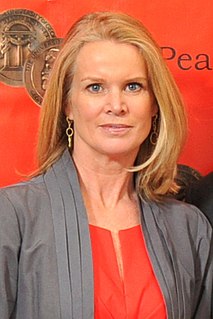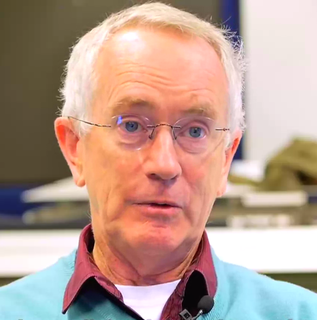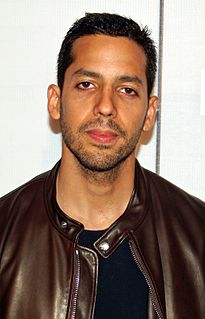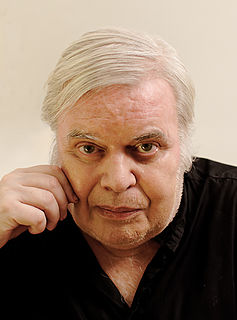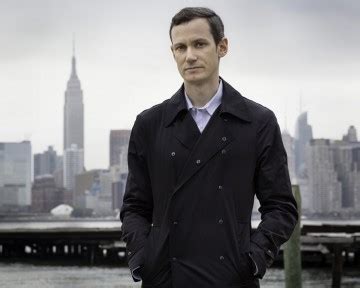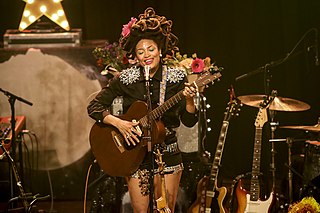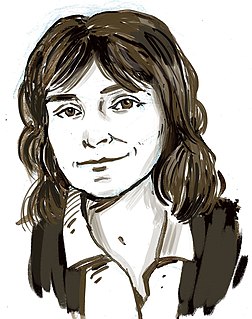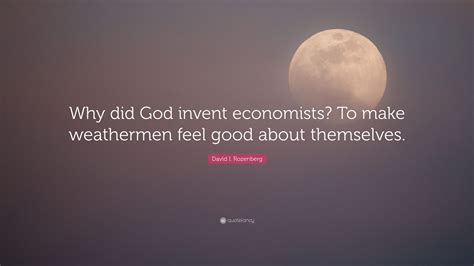A Quote by Stephen Moore
Question: Why does anyone bother to listen to economists anymore? The profession has become an embarrassment, and the most respected economists have shown themselves to have as much predictive power as a deck of tarot cards.
Related Quotes
Economics, over the years, has become more and more abstract and divorced from events in the real world. Economists, by and large, do not study the workings of the actual economic system. They theorize about it. As Ely Devons, an English economist, once said in a meeting: 'If economists wanted to study the horse, they wouldn't go around and look at horses. They'd sit in their studies and say to themselves, `What would I do if I were a horse?' '
Since the global financial crisis and recession of 2007-2009, criticism of the economics profession has intensified. The failure of all but a few professional economists to forecast the episode - the aftereffects of which still linger - has led many to question whether the economics profession contributes anything significant to society.
Mystical groups such as the Theosophical Society and the Rosicrucians turned tarot into an American fad during the early 1900s. Many American tarot practitioners use a set of cards known as the Waite-Smith deck, created in 1909 by A.E. Waite, a British member of the Hermetic Order of the Golden Dawn, and the artist Pamela Colman Smith.
It affects every aspect of our lives, is often said to be the root of all evil, and the analysis of the world that it makes possible - what we call 'the economy' - is so important to us that economists have become the high priests of our society. Yet, oddly, there is absolutely no consensus among economists about what money really is.
I'm not an expert in the deck at all. My interest lies somewhere near a sense that words are like tarot cards, and that a poem manipulates unpredictable depths with its words. . . . I like the tarot because it works like poetry and because you don't really have to 'believe in' anything. It's there to be used. The symbols are remarkably durable and beautiful; they float out to encompass all kinds of meanings.

